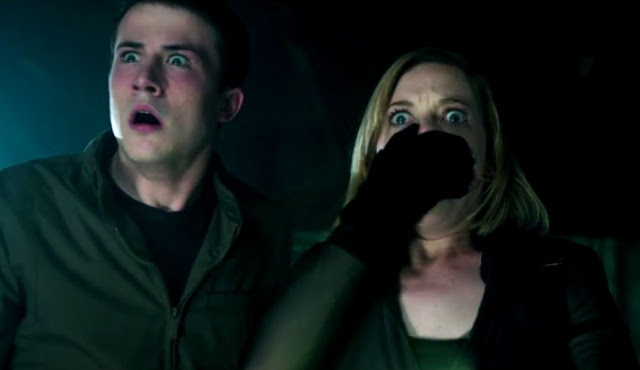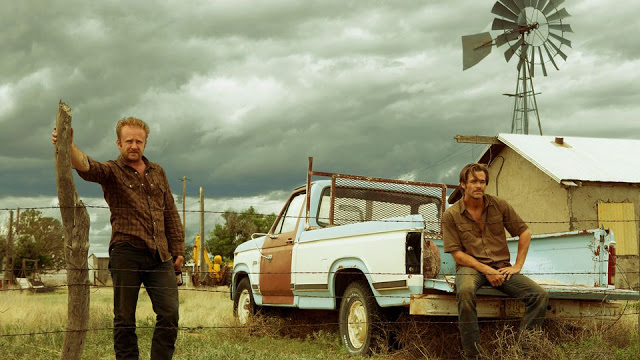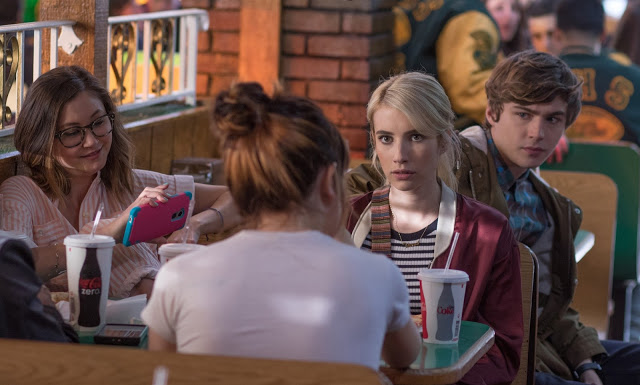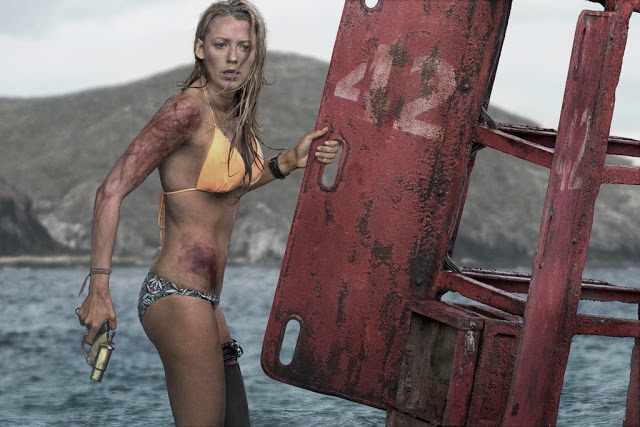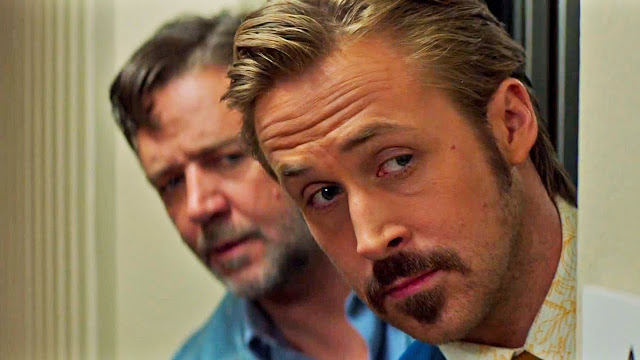Don’t Breathe: He’s Just a Blind Guy. How Scary Can He Be?
At one point in Jurassic Park, Sam Neill attempts to evade a T-rex by hiding in plain sight. His theory—supported by years of paleontologic research—is that the dinosaur’s visual acuity is based on movement, so it won’t detect him if he stands stock still. It’s a riveting scene (most scenes in Jurassic Park are), forgoing the kineticism of the typical chase (“must go faster”) in favor of terrifying immobility. Don’t Breathe, the taut and accomplished new chiller from Fede Alvarez, essentially extends this concept to feature-length. It’s a horror movie that bottles the genre’s rushing adrenaline and redirects it inward; here, rather than running away, the only way the characters can escape the monster is by being very, very quiet.
That monster—the film’s tyrannosaur, if you will—is Stephen Lang, the grizzled television actor who briefly lit up the big screen in 2009, with colorful parts in Public Enemies, The Men Who Stare at Goats, and (most memorably) Avatar. In the latter, he played a bloodthirsty warmonger named Miles Quaritch; his heavy in Don’t Breathe makes Quaritch seem positively pacifistic. Here, he portrays an unnamed, solitary Iraq war veteran who owns a modest two-story home, a surly rottweiler, and an even surlier disposition. As soon as you see him in the cold open dragging a bloody body down a deserted street—an ill-advised flash-forward that dilutes the movie’s considerable tension—you can see the darkness in his soul. Read More

